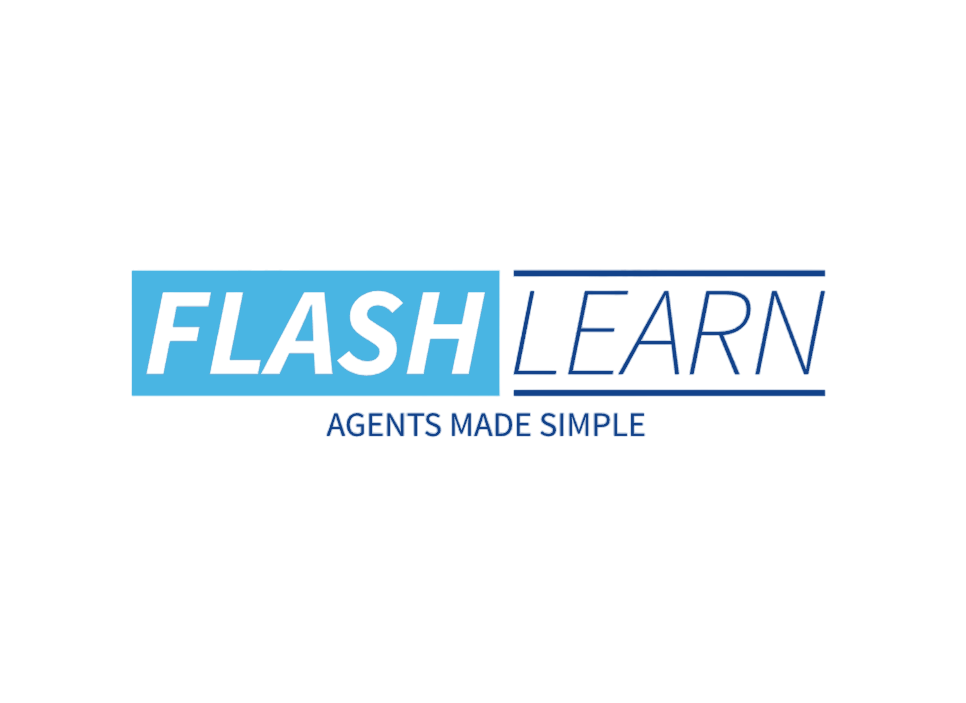FlashLearn
Basic Information
FlashLearn is a developer-focused library that provides a simple interface and orchestration layer for incorporating agent-style LLMs into standard workflows and ETL pipelines. It follows a fit/predict pattern where each LLM transformation is defined as a compact JSON "skill" that can be learned from examples or written directly. The project emphasizes "JSON in, JSON out" so inputs are lists of dictionaries and outputs are strictly structured JSON keyed by task id. FlashLearn supports multiple OpenAI-compatible providers such as OpenAI, LiteLLM, Ollama and DeepSeek, and exposes APIs to create tasks, run them in parallel, save and load skill definitions, and estimate token costs. It is available via pip and licensed under MIT.
Links
Stars
603
Github Repository
Categorization
App Details
Features
Compact JSON skill definitions that encode system prompts and optional function schemas to strictly validate outputs. Learning and reuse via LearnSkill and the ability to save and load skills as JSON files. Prebuilt skill classes like GeneralSkill and ClassificationSkill for common tasks such as text and image classification. Task creation from lists of dicts, run_tasks_in_parallel for concurrent execution, and documented high-throughput behavior (up to ~999 tasks/60 seconds and stated orchestration up to 1000 calls/min). Provider-agnostic client integrations for OpenAI-compatible endpoints including LiteLLM, Ollama and DeepSeek. Utilities for cost estimation, structured JSON result mapping to original inputs, examples across domains, and developer-oriented docs and examples.
Use Cases
FlashLearn reduces the engineering overhead of using LLMs in data pipelines by treating LLM transformations like standard ML pipeline components. Developers can convert rows into JSON tasks, run them concurrently, and receive deterministic, schema-validated JSON outputs that map back to original records for storage, filtering or downstream processing. The library supports learning custom skills from samples, saving and versioning skill definitions, and swapping provider clients without changing pipeline logic. Built-in cost estimation and parallel execution help teams plan and scale runs. Example recipes and domain-specific examples (customer service, finance, marketing, product intelligence, sales, software dev) accelerate adoption and integration into existing ETL and automation workflows.








